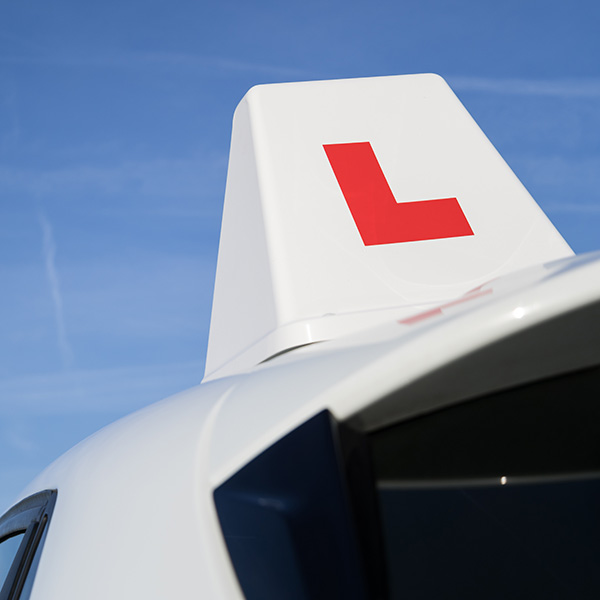5 misconceptions about insuring a learner driver
We explain some common misconceptions about insuring a learner driver and how you can help your child get some driving practice safely.
Breaking down the myths
There are a few common misconceptions when it comes to insuring a learner driver - we’re here to set the record straight and help you find the best way!
So there you have it, 5 myths about insurance de-bunked! A lot has changed since most of us parents learned to drive, with many more flexible options for young drivers to get behind the wheel for extra practice to prepare them for life on the road.
Marmalade are proud to work with OneFamily to provide insurance options for young drivers at every stage of driving as well as tips and advice on learning to drive and how to become a safer driver.

Ready to get behind the wheel?
Have you heard of Marmalade?
Marmalade is a car insurance provider designed especially for young drivers, whether they've passed their test or not. It offers pay as you go insurance, which you can use on your parents' car, and black box insurance for insuring your own car.

Insurance options with Marmalade
You may also be interested in:
Top 5 money management tips for teens
Learning to budget and make a plan to grow your money at a young age can help protect you financially in the future.
Tips to help your teen start their driving journey
Hands up if it seems like yesterday that you were waving your little one off to school and helping them to ride a bike?
5 reasons you should get insured on your parent’s car
You just passed your driving test but don’t yet have your own car, so how can you start driving? Find out the benefits of getting insured on your parents' car!
Side hustles for teens
If you’re too busy for a part-time job, there are still many ways to get some extra money in your pocket as a teen, and we’ve listed some of the best ones.
